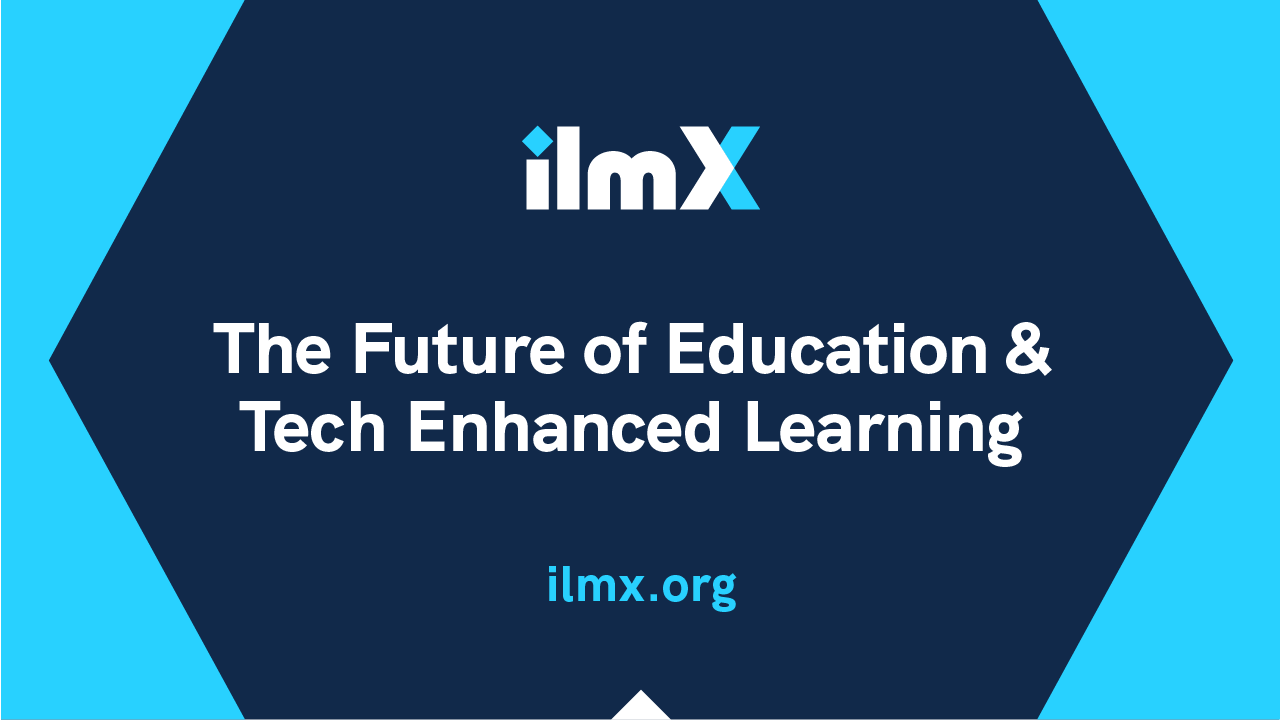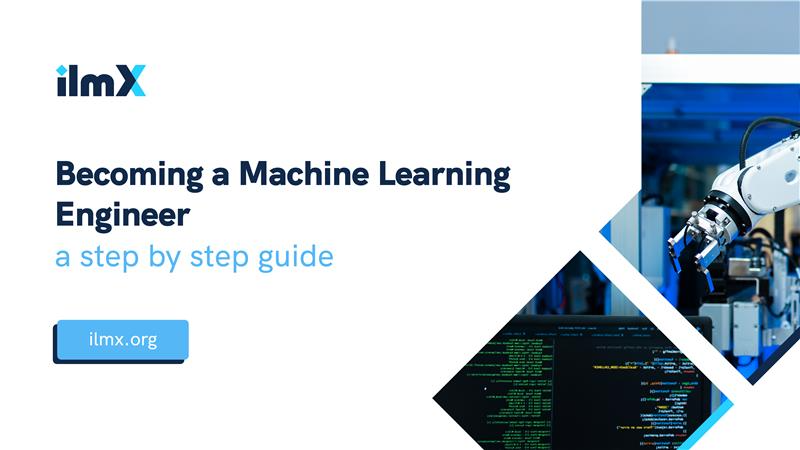The education landscape is undergoing a profound transformation in 2024, driven by innovations in technology and a shift towards personalized, tech-enhanced learning. As we look to the future, key trends are emerging that will shape the educational experiences of students across the globe, including Pakistan. These advancements are not only enhancing access to education but are also making learning more engaging and tailored to individual needs.
The Rise of Artificial Intelligence in Education
In 2024, Artificial Intelligence (AI) is playing a pivotal role in reshaping online learning. AI-driven platforms have become more sophisticated, providing personalized learning paths for students. These systems can assess individual learning patterns and create customized educational journeys, ensuring that students learn at their own pace. This is particularly relevant in fields like machine learning courses, where AI helps identify gaps in a student’s knowledge and adapts content in real-time.
By 2025, we expect AI’s role to expand even further, with platforms that offer instant feedback and adjust to a student’s learning style dynamically, thus making education more efficient and tailored.
Growth of Online Learning Platforms
Online learning in Pakistan has seen exponential growth, with platforms offering a wide range of courses. These platforms, such as ilmX, have brought accessible education to even the most remote regions, offering online courses in Pakistan with certificates in a variety of fields. In 2024, students can enroll in the best online courses in Pakistan, gaining skills that are in high demand in the job market.
Looking ahead, the future of education will focus on enhancing the quality of these platforms by incorporating interactive and immersive learning experiences that mimic real-world scenarios.
Integration of Virtual Reality (VR) and Augmented Reality (AR)
2024 is seeing a major shift towards immersive learning experiences. Online learning platforms are integrating Virtual Reality (VR) and Augmented Reality (AR) to create simulated environments where students can engage with content in a more interactive way. This is particularly useful for technical and vocational education, where practical experience is crucial. For instance, medical students can now perform virtual surgeries, and engineers can work on simulated projects using VR.
In 2025, AR and VR will likely be further integrated into online courses in Pakistan, making education more hands-on and applicable to real-world situations.
The Popularity of Short-Term Certifications
Short-term certifications are becoming increasingly popular, especially for technical fields like machine learning courses. These certifications allow professionals to upskill rapidly and stay relevant in the job market. The demand for specialized skills is growing, and E-Learning platforms are providing students with the ability to gain expertise in niche areas.
As the education sector advances, we expect even more specialized certifications to emerge, catering to industry needs and offering fast-tracked learning for professionals across various sectors.
Data-Driven Learning
In 2024, data analytics is transforming the way educators and platforms approach learning. By tracking student performance and behavior, platforms can offer a data-driven approach to improving educational outcomes. For instance, data analytics can pinpoint where a student is struggling and suggest content to help them overcome challenges. This personalized feedback loop is critical in fields like machine learning courses, where continuous improvement is necessary.
By 2025, data-driven learning will become the standard, helping educators make informed decisions about how to optimize their teaching methods and tailor content to individual students.
Hybrid Learning Models
While online learning has gained significant traction, 2024 is seeing a rise in hybrid learning models. These models combine the flexibility of online courses with the engagement of in-person classes. Hybrid models provide students with the best of both worlds, allowing them to learn at their own pace while benefiting from face-to-face interactions with instructors and peers.
This trend is expected to gain momentum in 2025, with institutions offering more blended learning options to cater to diverse learning preferences.
Expanding Access to Quality Education
One of the greatest achievements of online learning in Pakistan is its ability to bridge the educational divide. In 2024, more students from remote areas are gaining access to high-quality education thanks to the expansion of digital infrastructure and the increasing affordability of online courses in Pakistan.
Looking forward, we anticipate even greater efforts to expand access to education through partnerships between the government and edtech companies. By 2025, students in the most underserved areas could have access to the same quality of education as those in urban centers.
What Does the Future Hold?
2024 marks a turning point for tech-enhanced learning, with AI, immersive technologies, and data-driven learning becoming essential components of the educational experience. As we look ahead to 2025, the focus will be on creating even more personalized, accessible, and engaging learning environments.
Future of Education and Tech-Enhanced Learning 2024
The future of education will be defined by continuous innovation, with online learning playing a crucial role in preparing students for the demands of a rapidly changing world.





